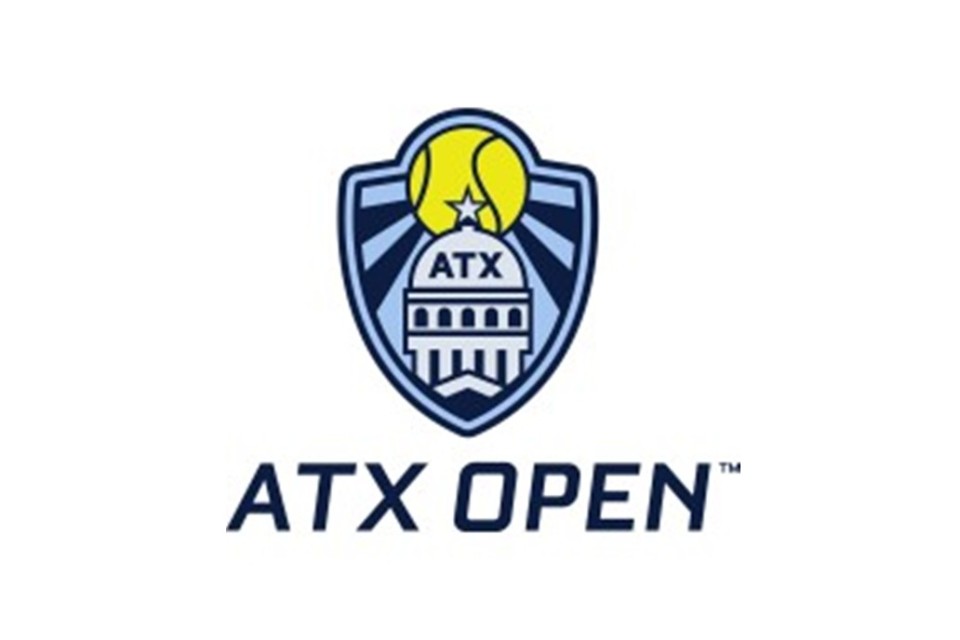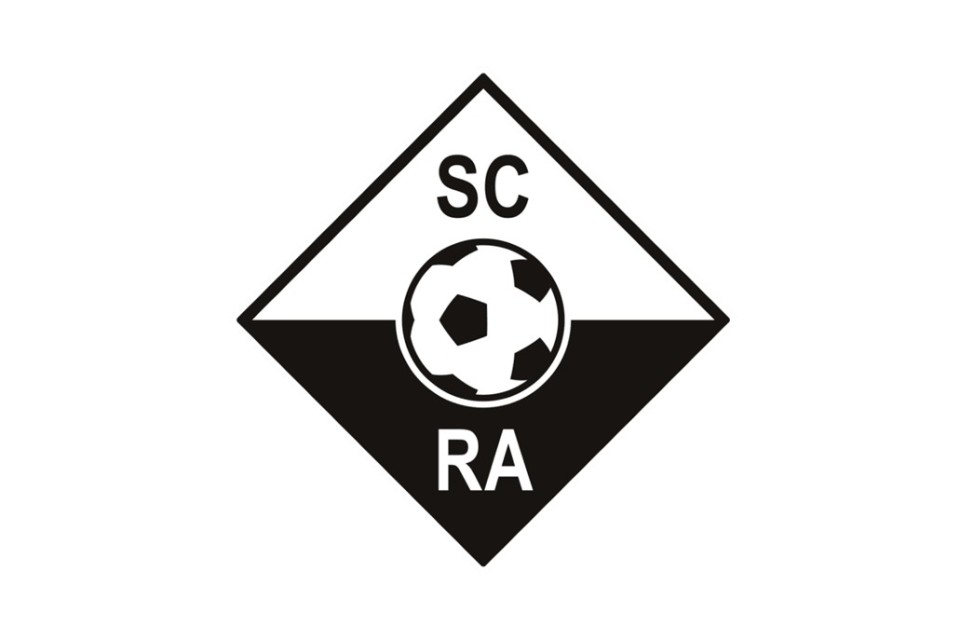Wed, November 17, 2021
IOC releases Framework on Fairness, Inclusion and Non-Discrimination on the Basis of Gender Identity and Sex Variations
To optimise for archiving, the original image and related documents associated with this article have been removed.
The International Olympic Committee (IOC) has released its Framework on Fairness, Inclusion and Non-Discrimination on the Basis of Gender Identity and Sex Variations.
An IOC statement said “Through this Framework, the IOC seeks to promote a safe and welcoming environment for everyone involved in elite-level competition, consistent with the principles enshrined in the Olympic Charter. The Framework also acknowledges the central role that eligibility criteria play in ensuring fairness, particularly in high-level organised sport in the women’s category.”
The Framework has been developed in consultation with athletes, International Federations and other sports organisations, as well as human rights, legal and medical experts. The main areas that had to be considered were ensuring everyone has access to sport without discrimination whilst also ensuring no participant had an unfair or disproportionate advantage over other competitors.
The new IOC framework, which replaces its 2015 guidelines, suggests that transgender women should no longer be required to reduce their testosterone levels to compete in the women’s sport category. They removed testosterone limits for transgender or intersex athletes from their new guidelines and left each sport to decide its own eligibility rules. Earlier this year the IOC admitted that its 2015 policy, which allowed trans women to compete in a female sporting team regardless of what sex they were assigned at birth if their testosterone registers below a certain level, was no longer fit for purpose.
The Framework lists 10 key principles: inclusion, prevention of harm, non-discrimination, fairness, no presumption of advantage, evidence-based approach, primacy of health and bodily autonomy, stakeholder centred approach, right to privacy and periodic reviews.
The statement added “the aim of this Framework is to offer sporting bodies – particularly those in charge of organising elite-level competition – a 10-principle approach to help them develop the criteria that are applicable to their sport. Sports bodies will also need to consider particular ethical, social, cultural and legal aspects that may be relevant in their context.”
The topic of Transgender athlete rights will be discussed at the Sport Resolutions Online Discussion on 7 December 2021 in association with Winston & Strawn LLP.
Click to read the statement. You can access the Framework here.



